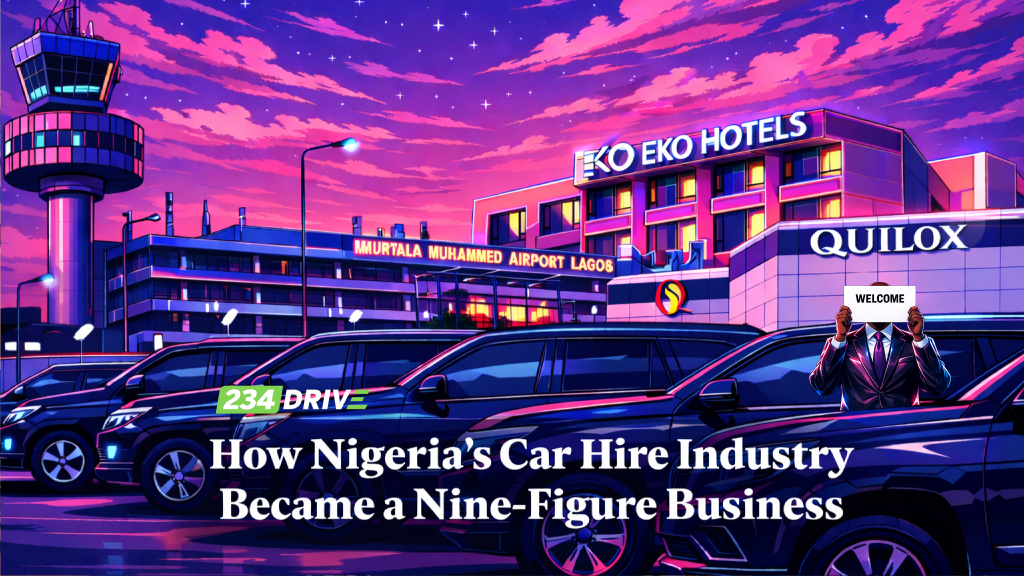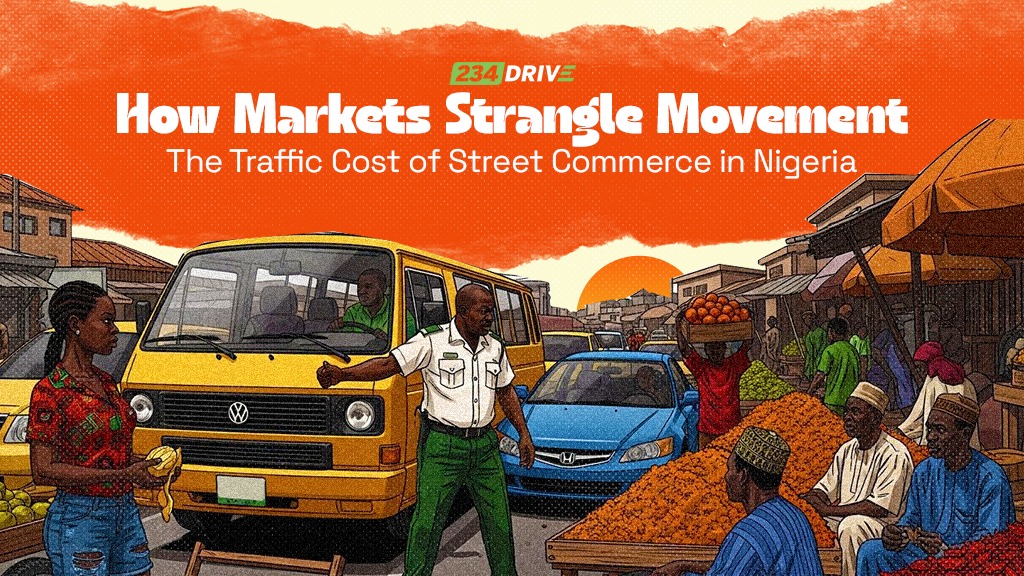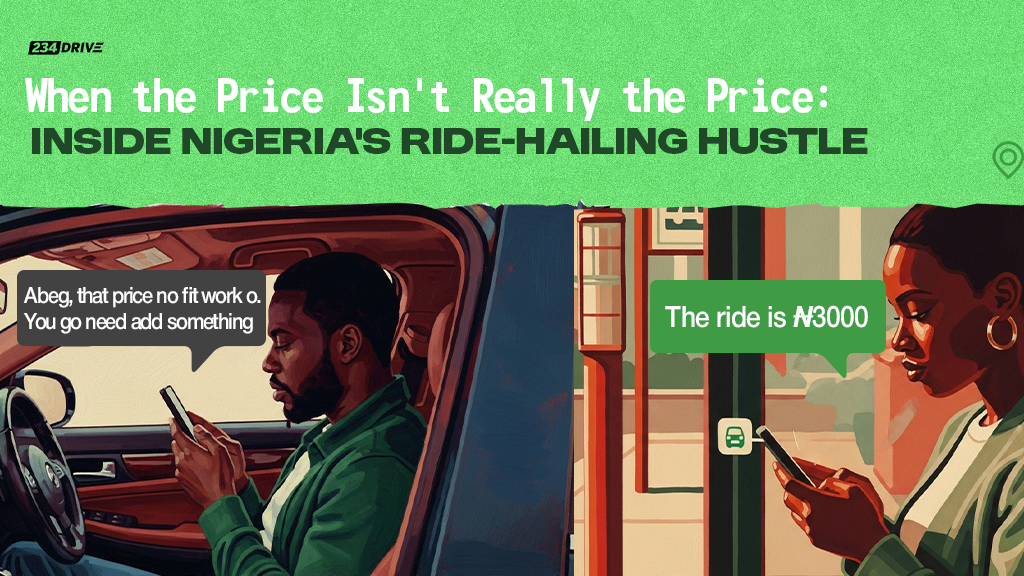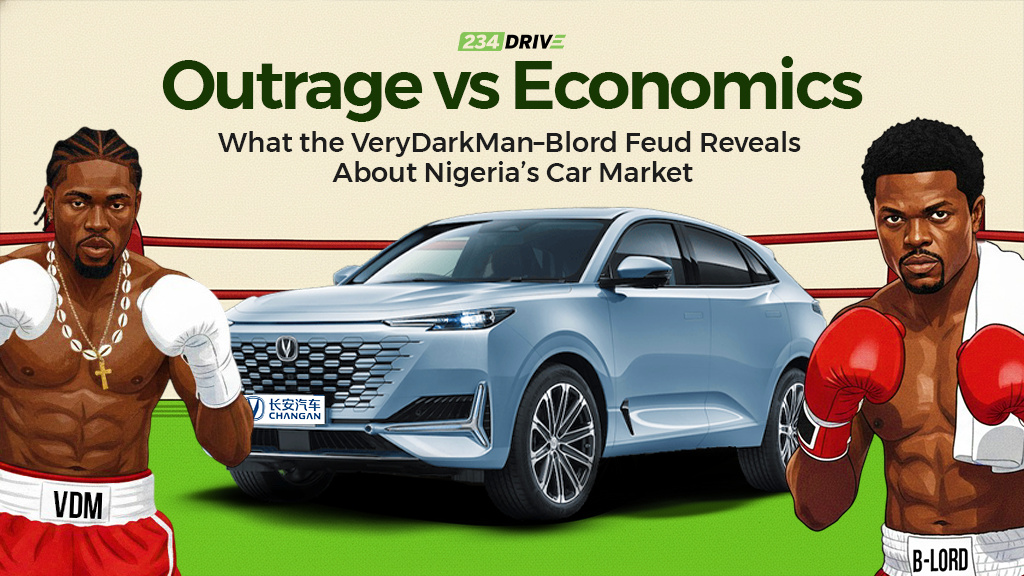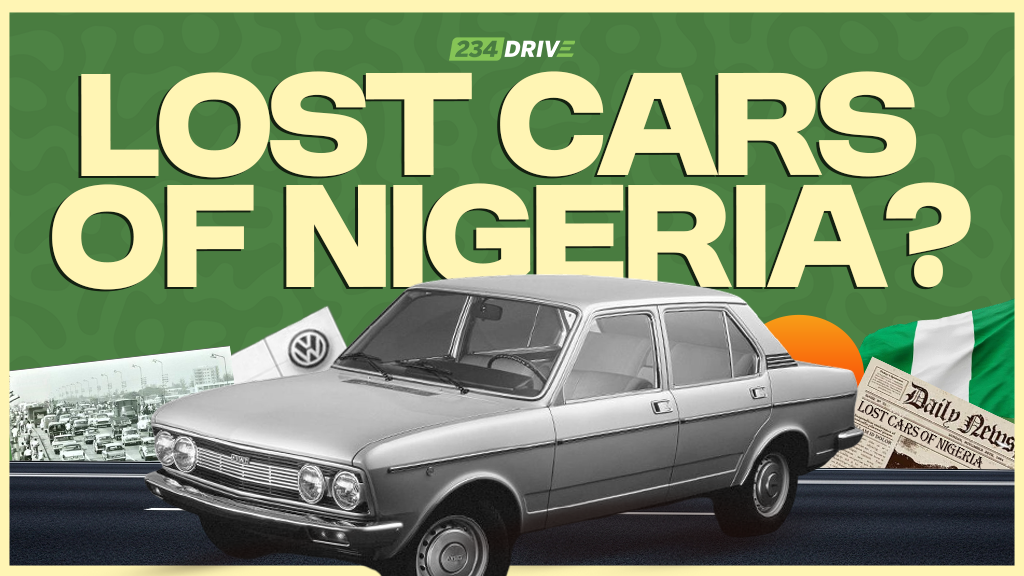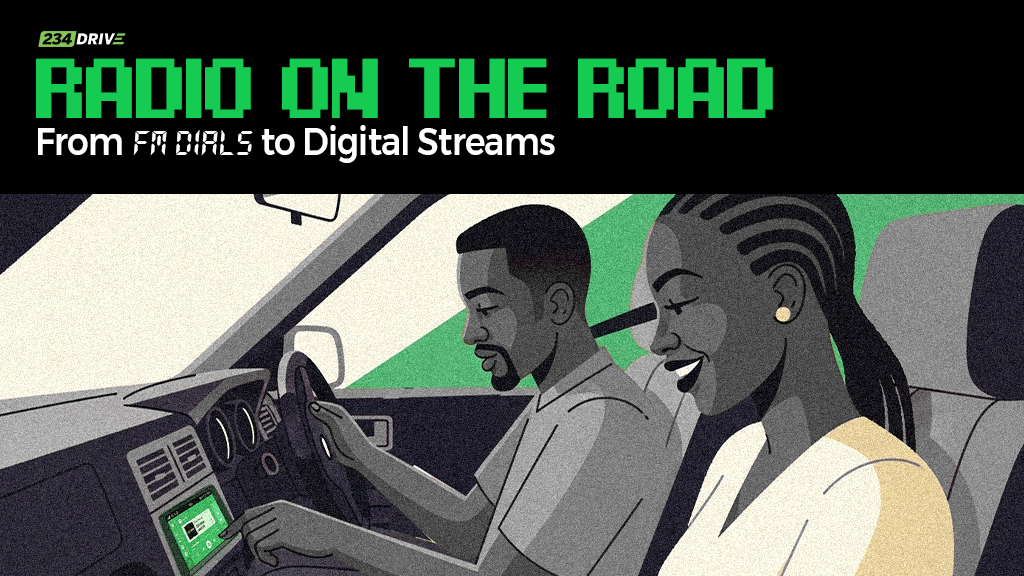When it comes to practical vehicles on Nigerian roads, the Toyota Corolla has earned a reputation rooted in function, not flair. From public taxis to private garages, the Corolla has made its way into nearly every part of Nigerian life. This is the story of how it transitioned from a commercial workhorse to a trusted everyday car for drivers in city traffic and families on weekend trips.
Toyota nailed the Corolla’s success by focusing on exactly what Nigerian drivers want — low running costs, great fuel economy, and the toughness to survive bad roads and erratic fuel quality — and delivering it year after year.
How the Corolla Became Nigeria’s Tokunbo Favorite
The Toyota Corolla first gained popularity in Nigeria during the 1990s. Early models, mostly foreign-used tokunbo imports from Europe and North America, lacked modern features but excelled where it mattered — fuel efficiency, minimal maintenance needs, and compact engines that handled well on both smooth and rough roads. Taxi operators embraced it, and mechanics found it easy to service. Spare parts were readily available in markets like Ladipo and Berger, cementing its status as a go-to city workhorse.
Mechanics’ Favorite
The Corolla’s simplicity became its greatest asset. Mechanics could easily diagnose and fix issues without specialized tools, and spare parts were cheap and everywhere. Once it proved itself on Lagos roads, its adoption spread quickly. It didn’t just fit into Nigerian transport culture and it shaped it.
Corolla Joins the Middle Class
By the early 2000s, Toyota introduced the E120 and E130 series, which offered better suspension, improved interiors, and subtle design upgrades. These models found buyers among teachers, small business owners, and junior civil servants. The 2003 Corolla in particular created a market boom for parts and accessories, lowering ownership costs even further.
Urban Commute Champion
By the late 2000s, facelifted models (2009–2013) added sleeker lines, improved dashboards, and better safety features. Younger drivers, tech workers, and small fleets adopted it. As ride-hailing platforms like Uber and Bolt entered Nigeria, the Corolla became their star player — fuel-efficient, easy to park, and profitable to operate.
Sharper Design Era: 2014–2019
Toyota refreshed the Corolla with sharper headlights, a wider stance, improved infotainment, and more comfortable seating. Nigerian buyers responded well, with professionals, managers, and families embracing it. Mechanics reported better build quality, leading to fewer service visits.
The upgrades also made it more appealing for long-distance travel between cities. Better suspension tuning and improved noise insulation offered a smoother, quieter ride — a feature that quickly earned praise from both private owners and intercity transport operators.
Modern Generation: 2020 Onwards
The 12th generation Corolla, launched in 2020, brought a major design overhaul on Toyota’s TNGA platform. LED headlights, touchscreen infotainment with Android Auto/Apple CarPlay, and advanced safety features marked its arrival. While adoption was initially slow due to cost, Nigerians came to appreciate its durability, resale value, and now, even a hybrid option.
Why the Corolla Still Wins
Durability: Handles Nigerian road conditions with ease.
Fuel Efficiency: Low fuel consumption amid rising petrol prices.
Parts Availability: Every mechanic and spare parts dealer knows it.
Low Maintenance: Rarely needs major repairs.
Resale Value: Strong demand even for 10-year-old models.
Quick Buyer’s Guide
The 2009 onwards for better comfort and safety. When buying, check the suspension carefully and listen for unusual sounds. Always look for a service history to be sure the car has been well maintained. If deciding between hybrid and petrol, note that hybrids save more fuel, while petrol models are more common and easier to find parts for.
Routine maintenance — oil changes, brake pad replacements, and air filter cleaning — will keep your Corolla running well. Ensure your car is ready for rainy season challenges, follow proper engine care, and keep all essential car documents handy.
Finally,
The Toyota Corolla has been a Nigerian favourite for decades and remains a strong choice for buyers. It is known for reliability, low running costs, and straightforward maintenance. Its strong resale value means owners can recover a significant part of their purchase cost.
The car’s durability and minimal breakdowns make it suitable for both city driving and long-distance travel. It is used widely by taxi operators, private owners, and professionals. Reliable, adaptable, and economical, it continues to be one of the most practical vehicle options in Nigeria and is expected to maintain this position for years to come.



